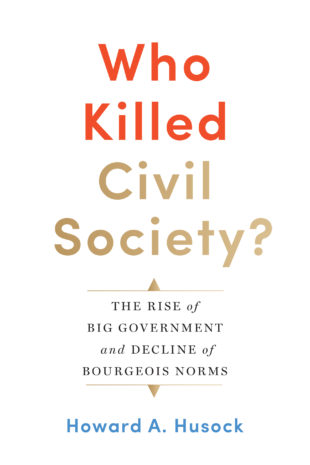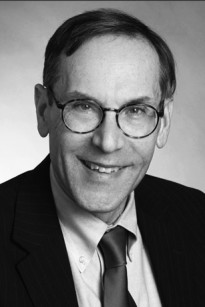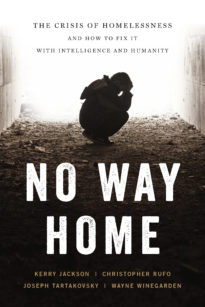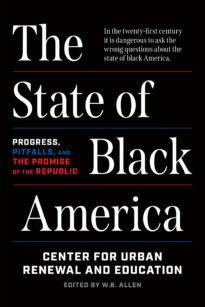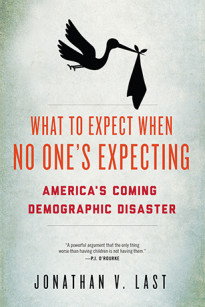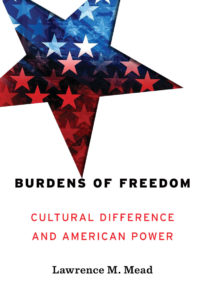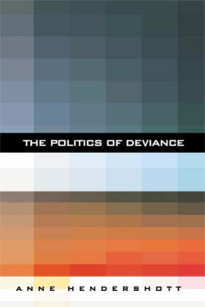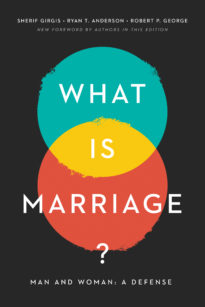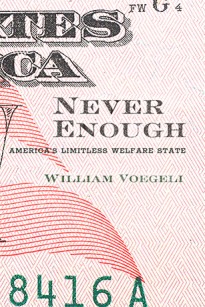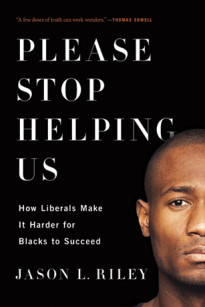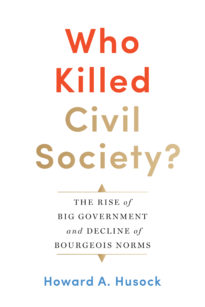The biggest mystery of my childhood was the question of how my father had survived his. Though the details were fuzzy, the basic facts seemed clear: He was orphaned at age ten, in immigrant-heavy South Philadelphia, in the depth of the Great Depression. He had already been bounced from one home to another by his father, a widower overwhelmed by the responsibility of raising a son and a daughter before he himself died. Eventually, both my father, Bernard, and his older sister, Stella, entered foster care, a situation generally associated with a wide range of problems in adult life. And yet that would not be true of my father. At age eighteen he was going off by streetcar to engineering school. Then he joined the Navy to learn the new technology of radar. After the war, he went on to life in the suburban middle class and to the executive suite of a medium-sized business, with patents to show for his work.
What had made it possible? The intriguing explanation involved something he mentioned often but obliquely, something he called just “the Agency.”
“Once a year,” he would say, “the Agency took us to get a suit—one pair of long pants, one pair of knickers.”
Or: “The Agency even paid to get my teeth fixed. That was before antibiotics, so you had to go once a week to get the root canal drained so it wouldn’t get infected.”
Or there was his oft-repeated story of his encounter, at age ten, with the Agency’s psychologist, who after testing him remarked, “This one is a pretty smart kid.” In the language of a later era, my father’s self-esteem got a useful boost.
In a thousand ways, the world of my father’s childhood amid the row houses of South Philly is a long-gone part of the American past—a world where fish were kept alive in the bathtub so they’d stay fresh, where teenagers enjoyed classical music, where sunflower seeds were the junk food of choice, where streetcars were the available transport, where boys and girls attended separate high schools. But the most distant aspect of that past is “the Agency.” What was it, anyhow?
A search through archival records confirmed that my father, from an early age, was raised without parents and without the support of public funds. Instead, a private organization called the Juvenile Aid Society, staffed in large part by volunteers, stepped in and provided a solid foundation for his life. This was the “Agency” that saved Bernard and Stella from homelessness. After interviewing multiple applicants as their potential foster families—at a time during the Depression when many were motivated by the prospect of extra income—the Agency chose so well that my father would remain close to the Grisbord family for the rest of his life, inviting his foster mother to his wedding and talking with Mrs. Grisbord’s son, Manny, every Sunday into his eighties. Before the dawn of the taxpayer-funded “social service” state, the privately funded Agency gave my father the basis for his social mobility. Understanding what that consisted of is the inspiration for this book.
My father came of age at the end of an era when many of those in need were looked after and nurtured by organizations founded and managed by visionary individuals or communities. The voluntary associations of civil society helped not just children but entire families: immigrants and native-born, black and white, the poor and the disconnected, the jobless and the rural poor grappling with a new urban culture.
To be sure, local governments operated poorhouses in the nineteenth and early twentieth centuries, as well as orphanages and asylums. At times, government provided subsidies to private institutions (though not in the case of the Agency). But the needs of countless poor were met by private organizations, with some paid staff and many volunteers. During this time, a panoply of religiously inspired charitable organizations—Catholic, Protestant, Jewish—were helping children like my father, whether through orphanages or foster care or simple cash support for those in crisis. Similar organizations with no explicit religious affiliation also emerged from many different sources of inspiration. Philanthropically supported and staffed mostly by volunteers, they had no stake in the continuation of the problems they were addressing. With few paid staff members, they didn’t need constant revenue streams to make payroll—a challenge that tempts modern charities to become government contractors and accept Washington’s conditions for funding.
Other institutions also made a difference for my father. For instance, his public school, the South Philadelphia High School for Boys, imbued him with a love for classical music and Latin. But it was the Agency that was key.
The world of social service is dramatically different today, and in some ways better. As a result of the federal government’s involvement since the Great Depression, and especially since the 1960s, those living in poverty are materially better off than their counterparts were a century ago. Food stamps, shelter, foster care, and health care (though not yet dental care) are funded by federal tax dollars. The story my father tells of a time when he and his sister scrounged for food and a place to sleep should, in theory, not be told today. Much of what the Agency offered to them is now provided by government, regardless of ethnicity or religious affiliation. This universal reach would not have been achievable by civil society organizations such as the Juvenile Aid Society.
But despite the massive scale and blanket coverage of the modern social service state, it fails to provide something essential that only civil society—operating independently from government revenue and its restraints—can offer: the modeling of habits and values that lay the foundation for upward social mobility and life as a contributor to one’s community. In other words, only civil society can impart norms. It is norms, not material provisions, that lead to improved outcomes for the individual and society.
